Goodbye, Bill! Thank You for the Life-changing Lesson in Wonder!
A tribute to Professor William (Bill) Torbert. Scholar. Mentor. Friend. Master of inquiry, to the very end.
“I’d like to start by inviting you to close your eyes and, for a few moments, listen into the dark”
That was how Bill often started a workshop or a meeting. It may sound like a strange invitation - it sure did to me the first time I heard it - but then I learnt that only when you tune out the noise do the murmurings of truths that were too faint to hear before start emerging. Intuitions. Ideas. You’re sensing into that which you’ve been too busy to notice.
Like many others, I discovered Bill Torbert’s work through the now-famous HBR Article “Seven Transformations of Leadership”, which kicked off, 20 years ago, a big introduction into adult development for a whole generation of consultants and myriad organisations. One might say that this article was one of the few keys (alongside Robert Kegan and Lisa Lahey’s work) turning a previously obscure branch of developmental psychology into a field of organisational practice. The field had grown exponentially ever since and even more so after the Pandemic, as our world has grown more complex, more disrupted, the pace of change has grown faster, and our nervous systems have grown weary of keeping pace with it all.
I met Bill back in 2018, when I was embarking on my PhD. I was a young(ish) leadership development consultant from a small Eastern European country, getting ready to move to the other end of the world and research a topic that had fascinated me for years (and upend my whole life in the process). He was a revered scholar of adult development and one of my research heroes. I felt privileged to listen to his online intervention during a course I was attending, and that would have been enough. But some crazy impulse made me write to him afterwards and ask for some more of his time over Zoom. Frankly, I was sure he would say no. I was wrong.
He started our first one-on-one catch-up with:
“Tell me your story!”
I was worried about his time, wanting to make sure I stuck to the point, but he said:
“There’s nothing more important or interesting than our stories. How we came to be who we are. What is shaping who we are becoming. I always have time for that.”
And so I did. I shared my story, and then he said, “Tell me all about your research.” And I did that too. I forgot I was a novice and he was a master. We became two people talking. Embodied listening is a priceless, rare gift. Bill Torbert had that gift.
From that moment on, over the next 4 years, as I completed my research and afterwards too, Bill selflessly gifted me his time, his unmatched listening skills, and his profound questions. He helped me pursue the crazy ideas that had been floating in my head, trust my gut, befriend my inner imposter, and turn the murmurings I heard as I listened ever more consciously into the dark into tangible practices. From that emerged work that would support, in turn, hundreds of other facilitators and coaches to make adult development the backbone of their own practice.
Bill connected me with people who have become cherished friends and welcomed me into his Action-Inquiry community, one of the most open-minded and open-hearted groups of like-minded developmental practitioners I’ve ever been part of. And he did all of that just because he could and wanted to. He did it not just for me, but for many others in our field, too. Giving his time and attention. Walking his talk. Embodying humility, all while he challenged our thinking (and his own), constantly.
In true fashion, he named his memoir “Numbskull”, reminding us all that the best way to keep away from the traps of the ego is to poke fun at yourself. Bill was a master of self-deprecation and uniquely skilled at playfully jumping off the pedestal so many of us kept trying to perch him on.
Over the past couple of years, Bill had been walking consciously towards his final adventure. He took many of us along on that final walk, as the ultimate journey of co-inquiry. Ten days ago, as I write these words, he crossed the threshold into the greatest mystery of all. His final lesson for me was the way he treated death as he had everything else - balancing inquiry and action. He didn’t look away from it. He asked questions of it. And he took action.
In his final months of life, a procession of friends visited him in person, connected over Zoom, or sent heartfelt goodbye messages. They celebrated Bill’s life with Bill. As he received the gift of their love, Bill gifted them his in return. His presence. His words. His discoveries, up until the very last minute. In her beautiful tribute to him, Jennifer Garvey Berger shares one such gift, offered about a month before his passing:
“I feel the end so close now,” he told me, “and I realize how lucky I have been, how lucky I still am every day. Ice cream is a miracle! Friendship is a miracle! Life is a miracle! Even death, I dare say, is a miracle.”
My dear Valerie Livesay, PhD (whose precious friendship was another one of Bill’s great gifts to me), visited him too in his last weeks and took with her my own goodbye gift to him - a Rumi poem which felt to me like the perfect embodiment of Bill’s spirit:
“All day I think about it, then at night I say it.
Where did I come from, and what am I supposed to be doing?
I have no idea.
My soul is from elsewhere, I’m sure of that,
And I intend to end up there.This drunkenness began in some other tavern.
When I get back around to that place,
I’ll be completely sober. Meanwhile,
I’m like a bird from another continent, sitting in this aviary.
The day is coming when I fly off,
But who is it now in my ear who hears my voice?
Who says words with my mouth?Who looks out with my eyes? What is the soul?
I cannot stop asking.
If I could taste one sip of an answer,
I could break out of this prison for drunks.
I didn’t come here of my own accord, and I can’t leave that way.
Whoever brought me here will have to take me home.This poetry. I never know what I’m going to say.
I don’t plan it.
When I’m outside the saying of it, I get very quiet and rarely speak at all.We have a huge barrel of wine, but no cups.
That’s fine with us. Every morning
We glow and in the evening we glow again.”‘The Tavern’ from The Essential Rumi, translated by Coleman Barks with John Moyne, A. J. Arberry and Reynold Nicholson
Afterwards, Val and I cried together, our souls crossing the minute distance between computer screens, connecting in grief and forgetting our bodies sat on opposite sides of the world. We spoke (and she wrote) about the shape of letting go.
“How do you find words to say goodbye to people who have changed your life?” I asked her.
“Maybe you don’t have to,” she replied, “Maybe you just keep on living, aware, awake, honouring the new shape they have helped you into.”
How do you honour people who have changed your life?
Perhaps one way is through passing on their wisdom, so those who have not known them can still benefit from their gifts. There are myriad things I have learnt from Bill, but here are a couple of precious wisdom nuggets I wish more people would hear about and reflect on.
Humans grow through wonder and experimentation, through inquiry and action, and that cycle never ends.
The cornerstone of Bill’s life’s work has been the practice of action-inquiry, which essentially means cultivating the ability to consistently and consciously respond (rather than react) to what life throws at you, but also to consciously construct your life and drive your impact in the world.
To inquire means pausing and reflecting on what is happening around, within, and between you and others, why you just did what you did, why others are doing what they are doing, what the broader context requires of you, and then intentionally choosing your next action.
What are the implications of your actions? What was your intention? Has your intention shifted once outside factors triggered you in some way? What assumptions are you making? Which of those assumptions needs challenging? What are you thinking/feeling? What are you noticing about the other person/people involved? What are you sensing as you ‘listen into the dark’? Is this the right time to act? If not, how will you know it’s the right time? How are you using your power in the world - is it ‘power over’, ‘with’ or ‘to’ others? How are you connecting - are you cultivating ‘dependence’, ‘independence’, ‘inter-dependence’ or ‘inter-independence’? The latter concept is something I’ve ever heard Bill talk about and have found to be transformative.
The action part of action-inquiry means turning your insights/reflections into actions. It means not waiting until you have it all figured out, as that moment will likely never come.
Bill spoke and wrote a lot about ‘timely action’ - that capacity to sense the right time to act. This capacity is particularly relevant in a world where things are changing at a speed with which our brain often has trouble keeping up. It might just be one of the cornerstone abilities for leading (and living) in complexity. Here is Bill articulating this in a conversation with another precious friend he has gifted me, Heidi Gutekunst.
Our attention is one of the greatest gifts we have. Most of us don’t use it to its fullest potential.
Another life-changing lesson I’ve learnt from Bill was how to shift my attention flexibly between the outside world and my inside world and then into that living space between the two. I’ve written before about his powerful concept of the 4 territories of experience in the context of coaching, but I’ll leave the summary below for your own reflection.
Mastering the 4 territories means you train yourself to be able to notice what is actually happening in your outer world.
But also how you are responding to what is happening. How are you feeling? What are you thinking? How are you behaving?
It also means being able to then shift your attention deeper, towards the assumptions you are making. What are you taking as ‘truth’ in this situation? What convictions/beliefs are informing your thoughts and actions? Can you hold your assumptions lightly? Can you get curious as to how you have come to believe what you believe? What possibilities might open up if your assumptions shifted even a little?
And finally, the fourth territory is Intention. Why are you doing what you are doing? What is your end-goal here, now? Are you perhaps noticing how you might enter a conversation with a positive intention to help or solve a problem, but then the other person says/does something that pushes your buttons and, unbeknownst to you, your intention shifts towards wanting to defend yourself, or prove them wrong (and yourself right), or perhaps winning the argument?
How are your intentions shaping the assumptions you are making and then, in turn, your thinking, feelings, and behaviour?
Bill’s 4 territories have been one of my most precious decision-making tools for years and an approach I’ve taught in tens of leadership contexts. There is much power in being able to stay present and attentive to ALL four territories at once and to invite others to notice them too. How might our most challenging conversations change if we had the awareness to pause and ask: What is our shared intention in this moment? What assumptions are we making about what is true/needed?
Through it all, stay humble and curious.
Many of us openly value humility and extol the virtues of curiosity, but fewer are genuinely walking the talk of both. The reality is that most of us love it when people listen to us and when we get to express our views and opinions to audiences who seek and value them. It takes courage and deep self-awareness to stay truly humble, to lean in, ask instead of tell, and seek to learn from those more junior than you. It takes wisdom (and grit!) to shut up and listen to an opinion that might challenge your thinking, and be grateful for it despite the unpleasantness of cognitive dissonance.
Bill had a unique capacity to laugh at himself while also holding himself with dignity and self-respect. He knew what he knew, but he also knew how much more he had to learn. He cultivated a child-like sense of wonder and a profoundly intelligent sense of humour - a combination I’ve rarely seen in the often ‘serious’ and at times steeped in self-importance spaces of academia.
Can you create brilliant work both alone and with others, stay anchored in a higher purpose, all the while remaining fully aware of your own fallibility and openly embracing your inner ‘numbskull’? Bill could, and to me, that was one of the most powerful lessons of wisdom he’s offered for living a good, productive, and conscious life.
If you have known Bill, I hope you take a moment to do something small to honour his memory. Perhaps you might journal. Perhaps you might reflect on what his life and work have meant for you. Perhaps you might do something gentle and fun, a reminder to not take yourself so seriously.
If this is the first time you've read about him, I hope you go on and read more. Explore the work and life of this amazing man and genius scholar who has taught us so much about growing up, all the while refusing to ever go fully ‘adult’.
I hope you dance and laugh among the stars, Bill! I’ll keep you safe in my heart until we meet again.
Dive deeper
I hope you’ve enjoyed this article. If you are curious to dive more deeply into learning about Vertical Development and how it might impact your work and life, check out our online library of webinars and certification programs accredited by the International Coaching Federation. If you choose to become a paid subscriber to this Substack, you will receive complimentary access to all our webinars and a 50% discount on our long-form online programs, including our “Vertical Development Practices for Coaches”.
If you are seeking to train as a developmental coach and get your first ICF credential, check out our ICF Level 1 Foundation Diploma in Developmental Coaching - next cohort starts in Feb 2026 (now running on both Americas/Apac and EMEA time zones). Our early bird runs to the 30th of November. Check out the Program Page for details and reach out for an interview.
Spread the word…
If you want to do your bit to build a wiser, more conscious world, I hope you share this article with others who could benefit from the learning.
And, if you haven’t done it yet, subscribe!
Join your nerdy community, and let’s keep on staying curious and learning from each other.



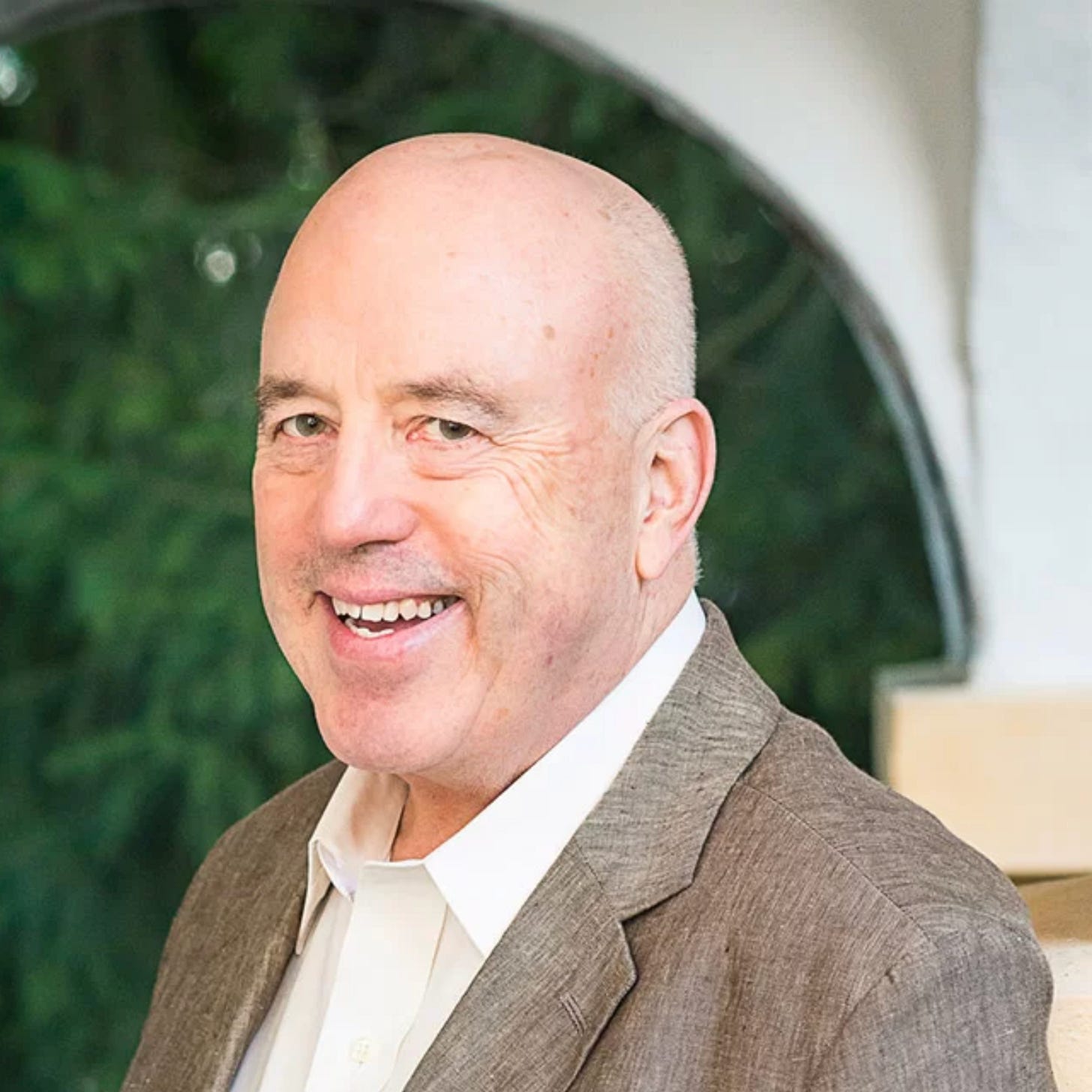
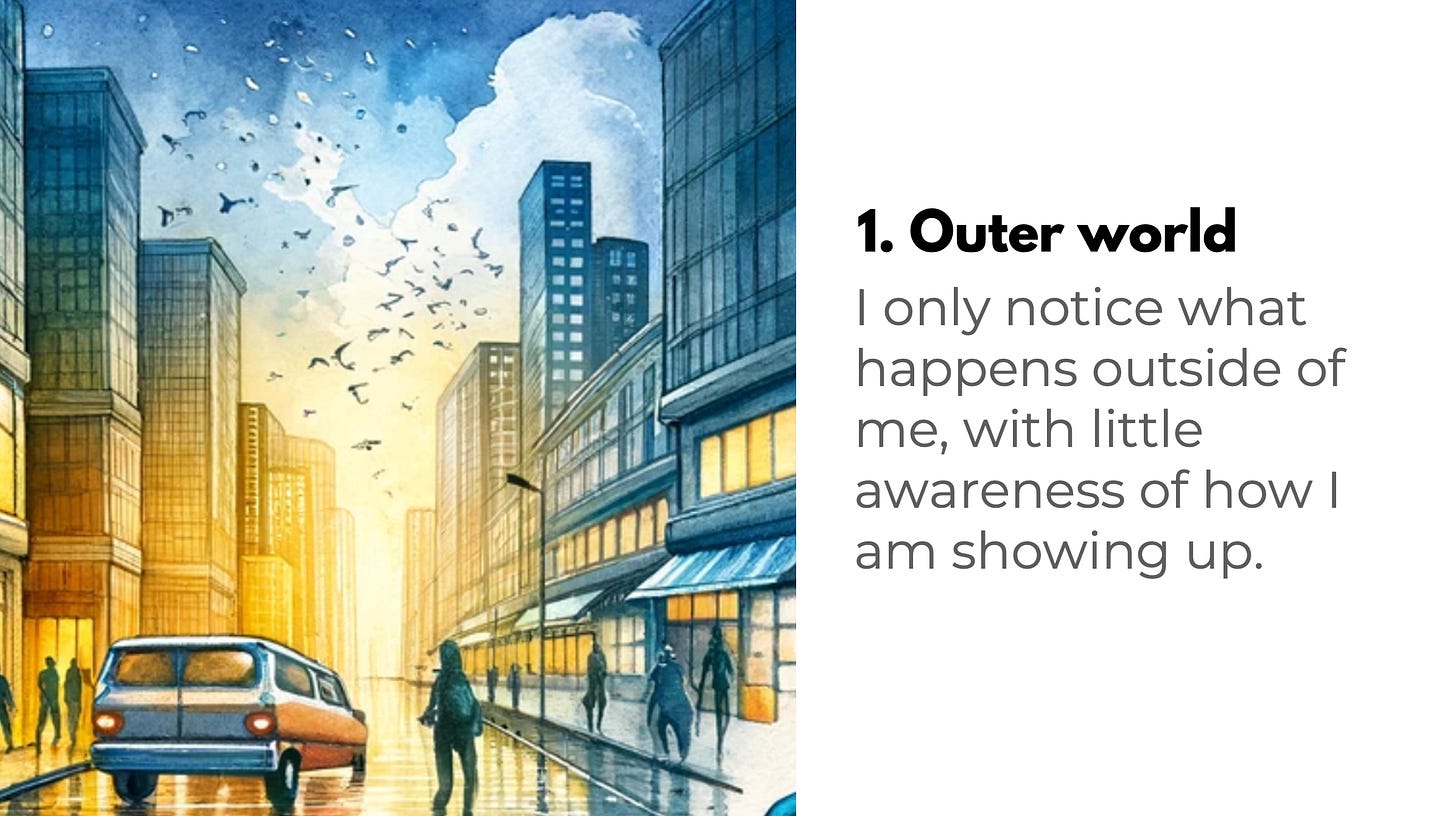
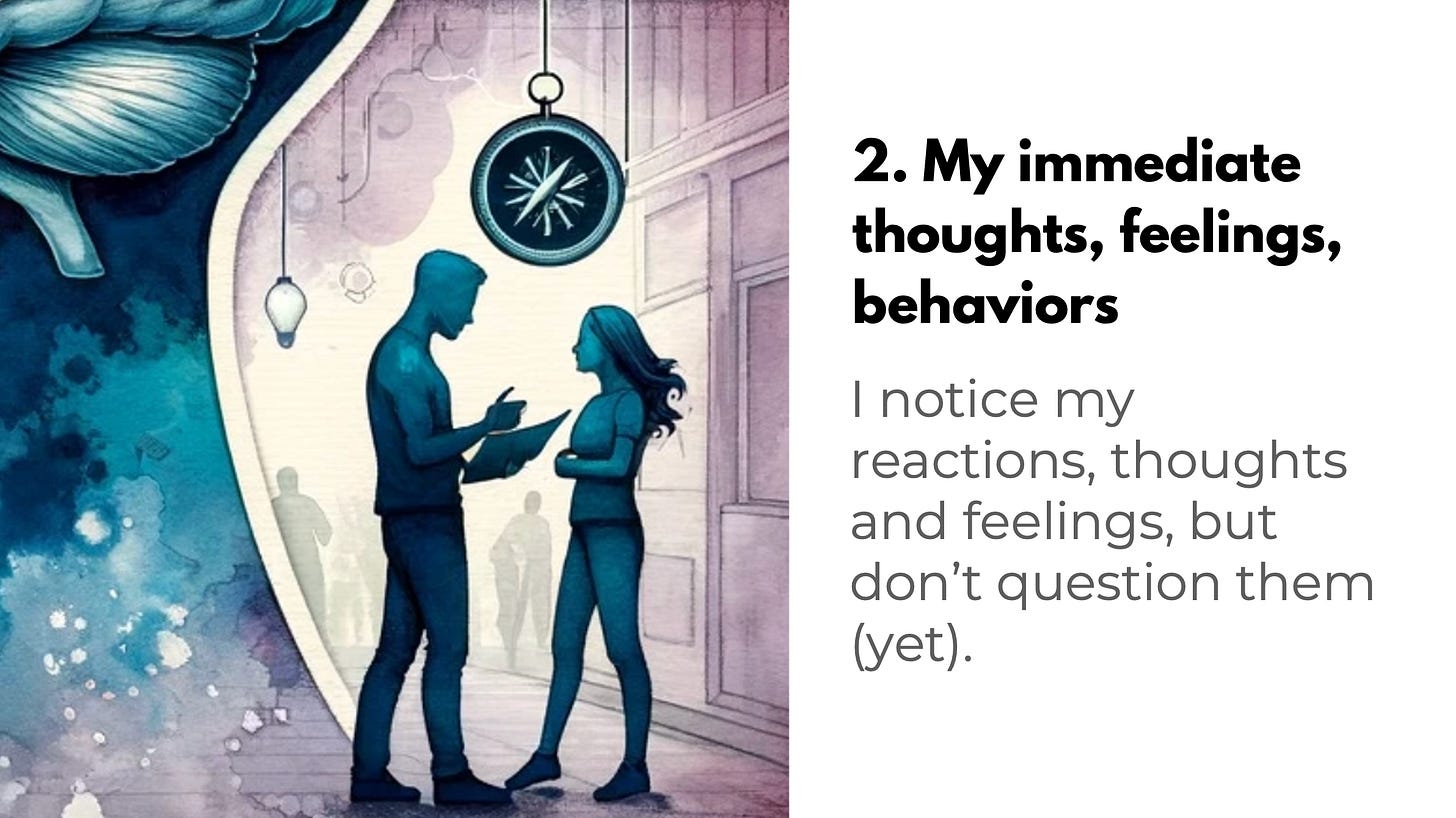
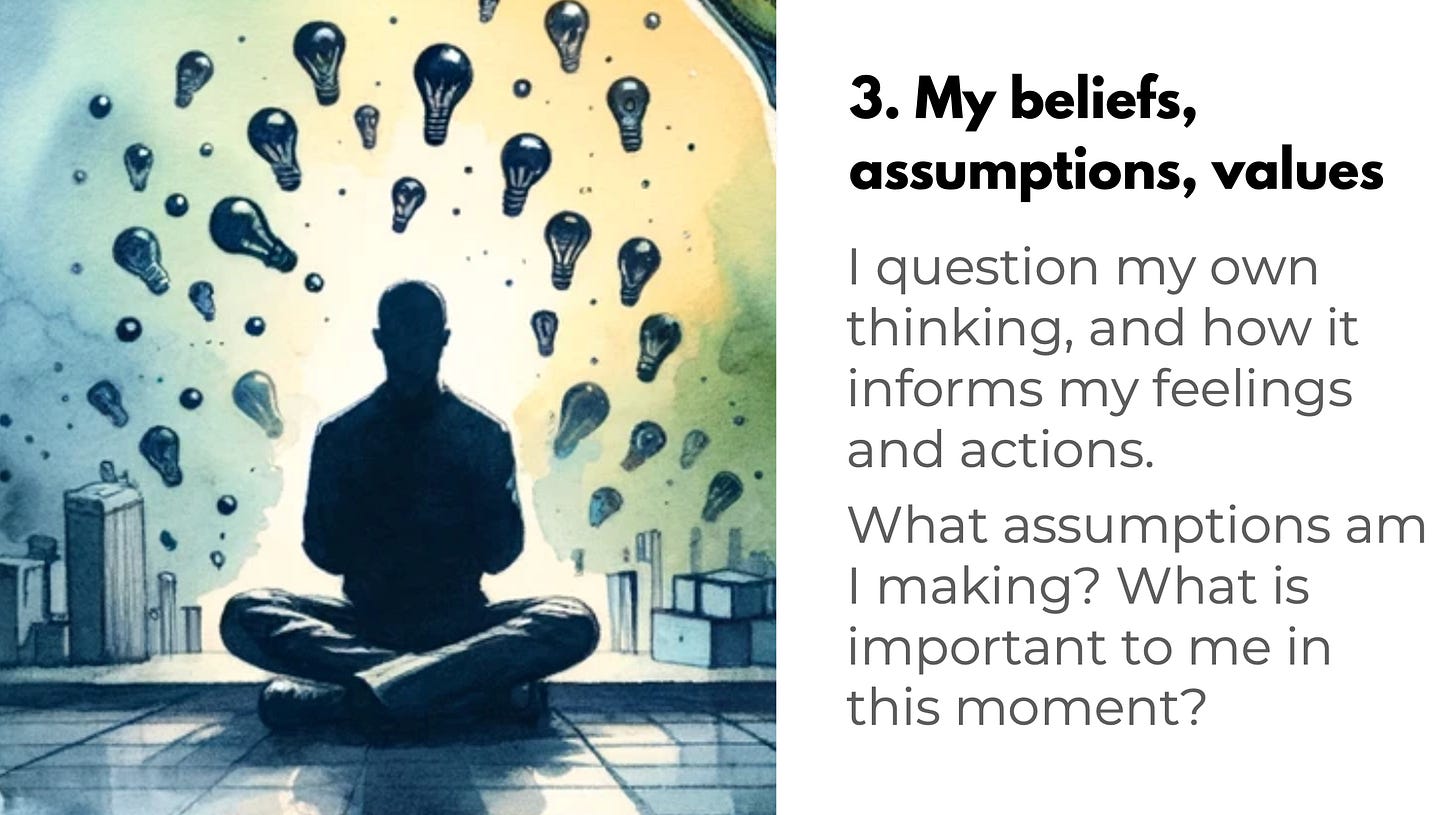
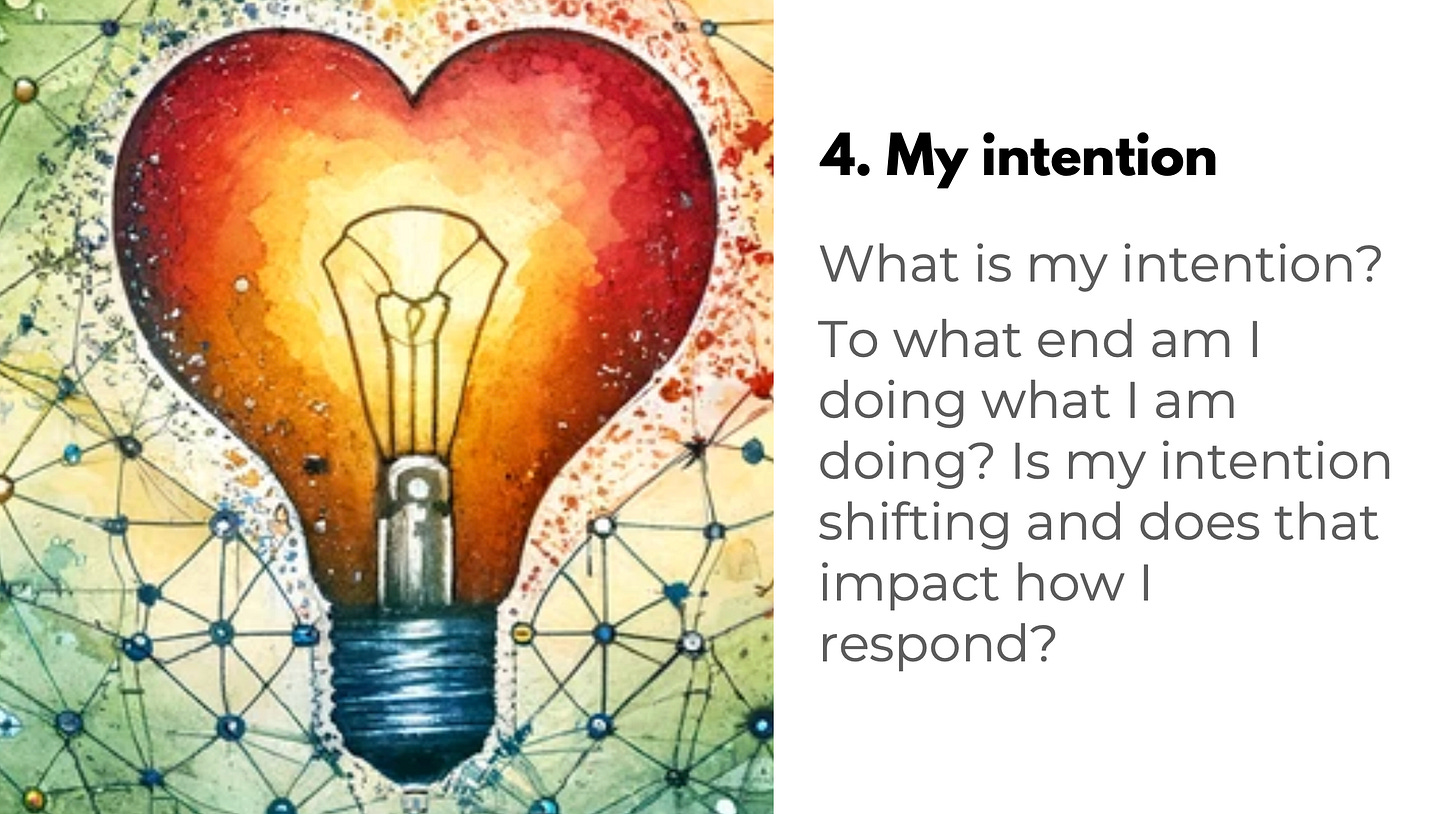

I first came across Dr. Torbert's work through my Master's degree at Teachers College, but it was a blur to me then, perhaps because I was going through an intense deconstruction of my world at that time. Recently, Dr. Torbert's work came back to me through Dr. Livesay's class. It's beautiful to see how you two honor his legacy. Thank you for sharing. May he be free. May he be happy.
Dear Alis,
Thank you for this heartfelt introduction.
What a Divine treasure you and Bill so generously offer.
🙏